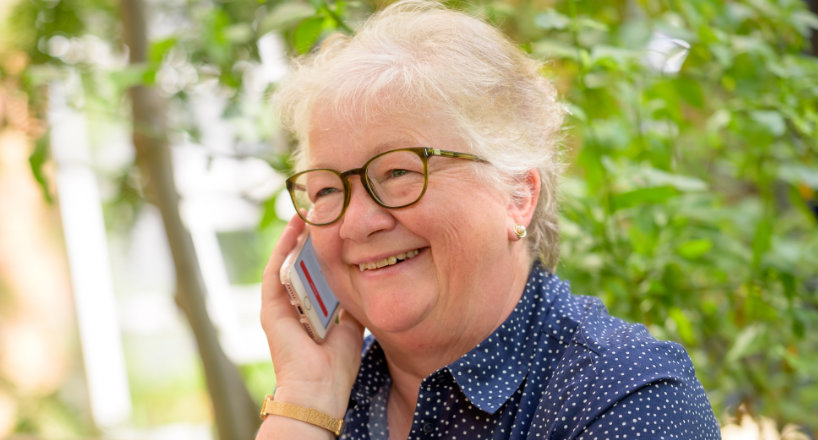
Vision can change as we age, and many people experience changes in their vision after the age of 60. One of the most common age-related vision changes is presbyopia, which is the loss of the ability to focus on close objects. This can make it difficult to read small print or focus on objects at close distances. Another common age-related vision change is cataracts, which is a clouding of the lens of the eye. Cataracts can cause blurriness, glare, and difficulty seeing at night. Age-related macular degeneration (AMD) is another common condition, which affects the macula, the small central area of the retina responsible for sharp, detailed vision. It can cause a gradual loss of central vision.
Glaucoma, a condition that can damage the optic nerve, which is the bundle of nerve fibers that carries visual information from the eye to the brain, is also more likely to occur in people over the age of 60. These conditions can cause vision loss, but early diagnosis and treatment can help to slow or prevent further vision loss.
- Age & Your Vision – Changes & Solutions
Not astoundingly, our eyes decline with age, perhaps with accelerating declination from age 60 forward. - Seven Tips For Optimal Vision
To shield your vision and remain eye-sound as you age, adhere to these guideline guides. - Suggestions For Age-Related Vision Loss
Age-related vision loss can be attended to with practical solutions.